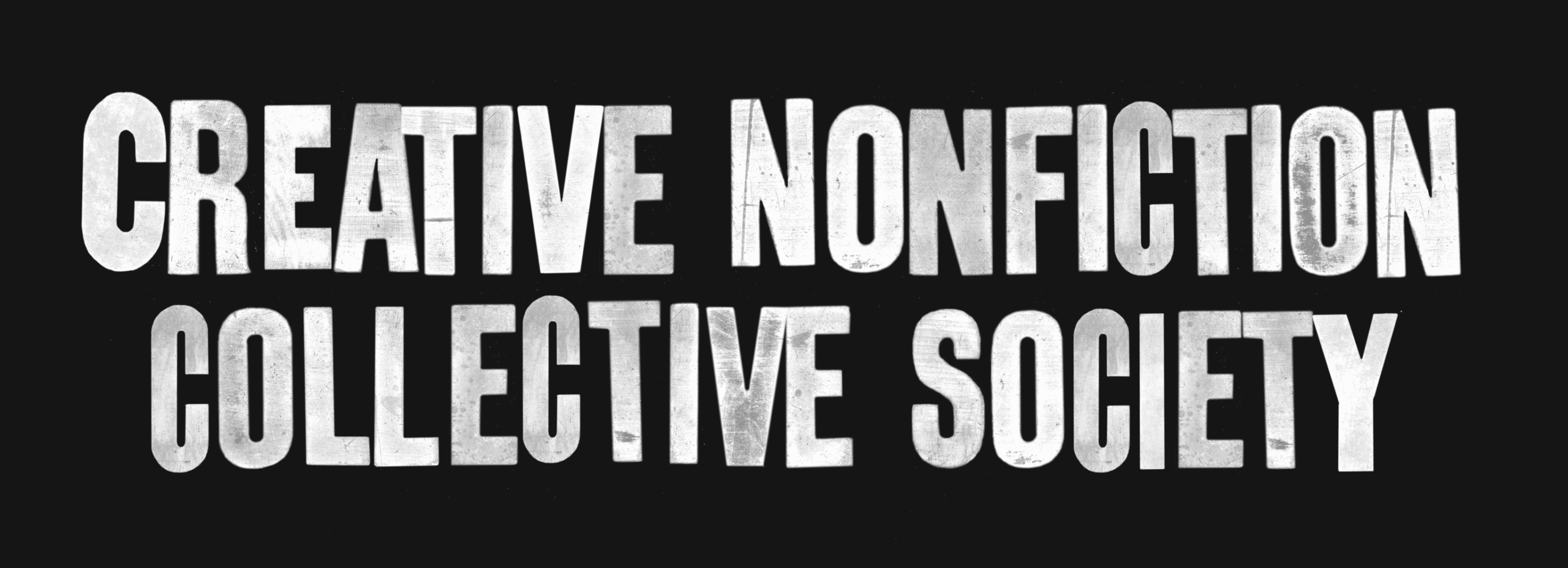By Lesley Buxton and Akberet Beyene
Akberet Beyene was born in Asmara, Eritrea. Growing up in a country in the middle of a bitter 30-year war, her opportunities were limited, if available at all. Starting at 16 years old, she volunteered for 13 years in Eritrea’s struggle with Ethiopia.
After Eritrea gained independence in 1991, she studied journalism and received a Diploma in Mass Communication from the University of Asmara. She further participated in short upgrade courses in journalism in Germany and in the US.
She worked for almost twenty years for the national TV station in Eritrea, becoming well known for her stories. She wrote and produced many documentaries, reporting on social, political and health issues related to women and youth.
When the dictatorship in Eritrea continued with the relentless persecution of journalists, and her life was threatened, she fled to Canada in 2011, leaving her family behind.
After her arrival in Canada, it took numerous years to adjust to the new life. She suffered from PTSD resulting from her war experiences and persecution, and this proved to be a difficult time. Akberet took numerous courses to learn and better her English skills.
She also completed an administration course and training as a Community Care Aid. While she was a volunteer for the “Better at Home” seniors program, she was asked to contribute stories to the Renfrew Community newspaper. This re-awakened her longstanding love of short stories.
In 2018, she was accepted into the “Shoe Project,” a program that supports immigrant and refugee women to write and perform their own stories. Through this project, she was able to connect with other writers. It was this project and the encouragement she received that inspired Akberet to pursue her passion for writing.
She has since joined the Creative Nonfiction Collective (board member), and participates in events of the Connecting Writing Women Potluck group.
In 2019 Akberet became a Canadian citizen. She says, “I feel grateful just to be alive. Many of my friends, peers, and mentors have died, are in jail, or have vanished. I shall never take this privilege for granted. Without the help and sacrifice of my family, friends, refugee centers, and tutors, I would not be here today. I would not have become the woman I am without the openness, hospitality, generosity, and opportunity that Canada offered me as a nation. I feel that I have a lot to say and I am looking forward to sharing my stories.”
What are you reading at the moment?
Where The Crawdads Sing by Delia Owens. I’m on page 109.
Who is your favourite writer?
I love Debbie Macomber’s writing style. I’ve read more than ten of her books. At the end of each book, I feel as though I’ve had a long chat with her.
Alexander McCall Smith is another favourite. He writes about Botswana, Africa in The No.1 Ladies’ Detective Agency, Tears of the Giraffe, Morality for Beautiful Girls, and The Kalahari Typing School for Men. Through his writing he describes African women and men, and life in general.
When did you first know you wanted to be a writer?
Ever since I was in grade three or four, I’ve loved reading books. At that time I read Topolino and Paperino. These are small Italian children’s books. It was my habit to read at least one or two pages at bedtime. After spending so much of my time reading, I began to say to myself, “Why can’t I write?”
While I was working as a journalist, I didn’t have time to write. I was always on the move, busy preparing routine articles and narration for reports. Back home in Eritrea, we don’t have the same tools and facilities as there are here. These obstacles made it hard for me to get motivated. But writing a book was always on my wish list. My first priority now is to share my story and let Canadians know about my country.
When I was working in Eritrea, I re-read some of my older work and I noticed it was good. My friends are very encouraging about my writing.
What in your opinion are the most important elements of good writing?
I like to write as if I’m telling someone a story with simple language, using common words. I don’t like exaggeration. I like to bring in details about what it felt like at the time, as well as emotions—fear, happiness, worry, sorrow—all the elements of human feeling. For me, these details make the story real, I guess.
Does writing energize you or exhaust you?
It depends. It’s a wonderful feeling when I write my diary. I write freely about my thoughts and decisions. I don’t really care about spelling mistakes and grammar. On the other hand, when I write articles or other formal pieces, I have to consider my readers and many other elements so they need time to be mulled overall.
When did you first realize words had power?
I’ve always known that words are powerful. That is my challenge when I write in my own language too. Trying to write in English doubles this challenge. I struggle to find the right words that fit in the particular piece. And it makes a huge difference if I find the perfect fit.
The writing just beams if I’m lucky enough to find the perfect word that describe the things I want to say. It also, no doubt, aids the success of the story.
What are you working on now?
I was very lucky to receive an Early Career Development grant from the BC Arts Council. With the help of a mentor – the wonderful Caroline Adderson – I am writing a book about my life in Eritrea.
